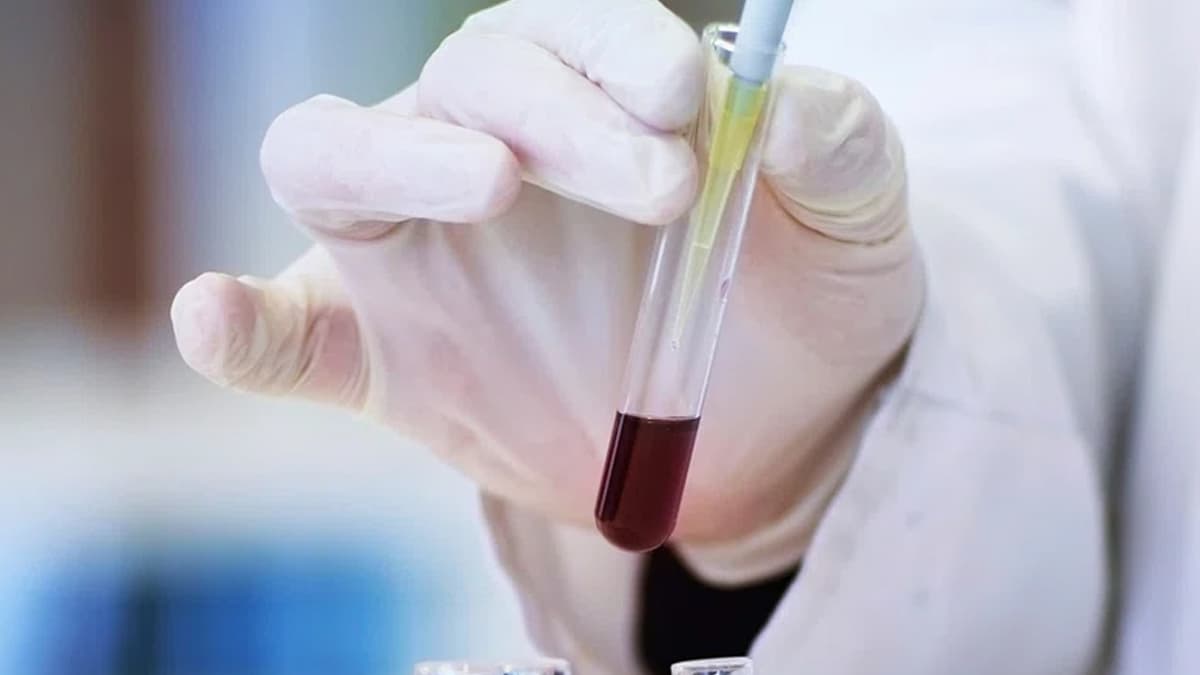Mumbai, June 26: Scientists have discovered a new blood group, named “Gwada negative,” in a French woman from the Caribbean island of Guadeloupe. The International Society of Blood Transfusion (ISBT) has officially recognised this unique blood type as the world’s 48th blood group system. The discovery came after researchers identified a rare genetic mutation using advanced DNA sequencing techniques. The woman is currently the only known carrier of this blood type, making her compatible only with herself. According to a report by Science Alert, the discovery dates back to 2011, when the woman, then 54 years old and living in Paris, underwent routine pre-surgery blood tests. During the tests, researchers detected a highly unusual antibody that did not match any known blood group. However, limited resources at the time prevented deeper analysis. Supreme Court Questions Blanket Ban on Blood Donation by Transgender Persons, Gay Men and Sex Workers, Asks ‘Are We Going to Brand Them All Risky?’ It wasn’t until 2019 that scientists at the French Blood Establishment (EFS) could conduct high-throughput DNA sequencing, revealing the genetic mutation responsible for the new blood type. The new blood group, named “Gwada negative” in reference to the patient’s origins from Guadeloupe, is believed to have been inherited from both her parents, who each carried the mutated gene. Thierry Peyrard, a medical biologist involved in the research, highlighted the uniqueness of the case, stating that she is the only person worldwide who is compatible with herself, which presents significant challenges in blood transfusion scenarios. What Is New Blood Group System MAL, Discovered by UK Scientists? The EFS, which announced the discovery, emphasised the importance of identifying new blood groups to enhance patient care, especially for those with rare blood types. With DNA sequencing technology accelerating the identification of such rare groups, researchers hope to find more individuals with “Gwada negative” blood to understand its characteristics better and improve medical response to patients needing transfusions.
